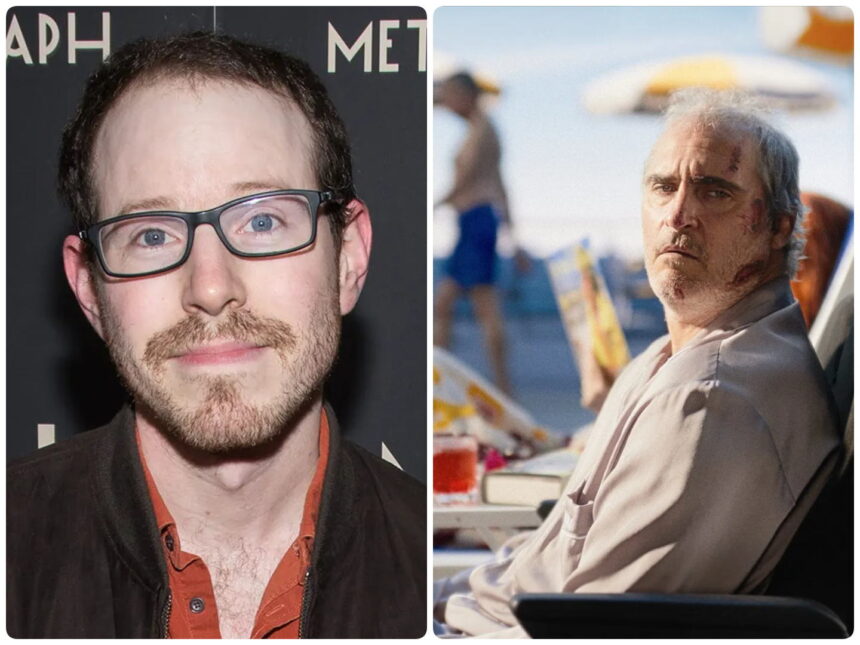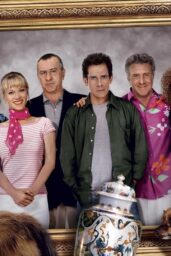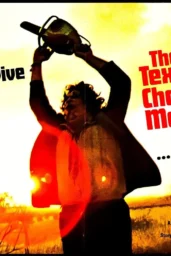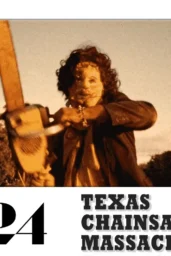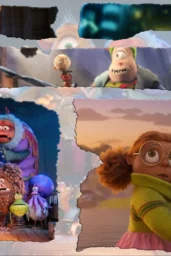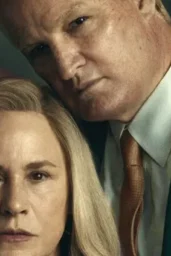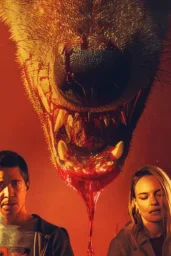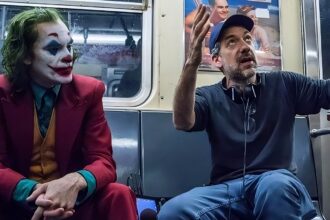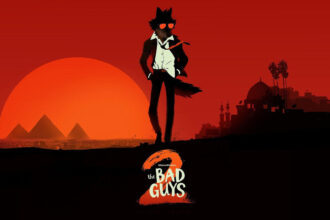Two years removed from its release, Ari Aster's Beau Is Afraid still echoes through certain late-night film circles—though maybe not for the reasons its director hoped. While his earlier films Hereditary (2018) and Midsommar (2019) cemented Aster's standing as a generational voice in horror, Beau Is Afraid left the A24 faithful puzzled, scattered, and in many cases… gone before the credits rolled.
Now, Aster himself is looking back with a mix of melancholy and, frankly, clarity.
“I was pretty sad that it was so maligned,” he told Marc Maron on the WTF Podcast. “It was a bummer. It lost money. Critically, I wouldn't say it was reviled, there's just no consensus whatsoever.” He went on to say he's noticed a slow trickle of reevaluation from fans—though that may be little comfort to those who footed the budget.
Let's not forget, Beau Is Afraid wasn't just a swing—it was a marathon. A three-hour anxiety spiral starring Joaquin Phoenix as a man too passive to breathe without asking permission. And while some praised its ambition, others were worn down by its final act: an unrelenting hall-of-mirrors descent that seemed almost designed to eject half the audience from their seats.
“I was really excited about how exhausting the film was,” Aster confessed. “It was supposed to be exhausting… I would probably tighten that last hour, in a certain way. I think I ejected a number of people from the theater with that… maybe I could have used them.”
That's not just an offhand reflection. It's a rare moment of public self-editing from a director known for his surgical confidence. And it echoes what critics—and audiences—flagged early on.
As Chris Bumbray noted in his original review: “The last act is deadly. It begins to overstay its welcome, but in many ways, this feels like a calculation by Aster. I'm not sure he even wants you to like the last part of the movie.” That comment, buried among a sea of baffled takes, might be the most honest summary of Beau Is Afraid's problem. It wasn't misunderstood. It was intentionally impenetrable.
It's a pattern Aster seems unwilling—or unable—to break. His latest film Eddington, which screened at the Fantasia International Film Festival in July 2025, is also catching heat for its bloated final act. Bumbray again: “Ari Aster's Eddington is half of a great film… but the film goes so wildly off the rails in its final hour that it undoes nearly everything that made its riveting first half work.”
That's a brutal sentence. But it's not inaccurate. There's something almost self-destructive in Aster's recent work—a stubborn refusal to wrap the chaos in structure, or offer audiences any rope once the descent begins. In Hereditary, that chaos felt earned. In Midsommar, it felt orchestrated. But in Beau Is Afraid and Eddington, it's just… noise. Artful, brilliant, but noise nonetheless.
And maybe that's the point. Maybe Aster, like Lynch before him, doesn't want consensus. He wants endurance. Those who stay for the whole ride, broken or not, are the ones who matter.
But here's the catch—unlike Lynch, whose ambiguity often masks deeply controlled craftsmanship, Aster seems increasingly trapped in his own hall of mirrors. And if even he's now wondering if he “lost” the audience by design, it's fair to ask whether his long-form dread has outgrown the screen.
There's a fine line between bold and bloated. Aster used to dance it with elegance. Lately, he's been stomping all over it.
Still, he's not out. Few directors even get the shot to fail this big—twice. That tells you the industry hasn't given up on him, and neither should we. But it might be time for Aster to start editing with the audience in mind again. Not for their approval—but for their presence.
Because you can't make a film that loses money, alienates your core, and collapses in the final reel… and expect to do it a third time. Even A24 has to balance the ledger.
References / Further Reading:

